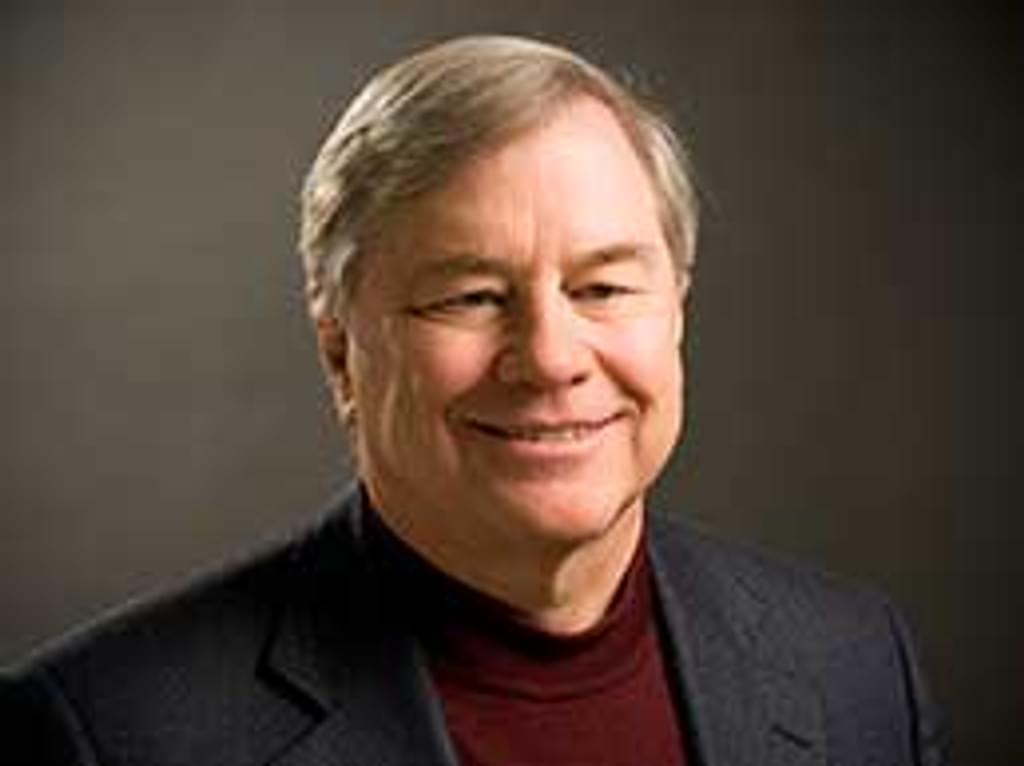
In a recent op-ed in The Hill, three leading pharmacists wrote in support of the resolution by the American Pharmacists Association (APhA), discouraging pharmacist participation in executions. Leonard Edloe, former CEO of Edloe’s Professional Pharmacies, William Fassett (pictured), professor emeritus of pharmacology at Washington State University, and Philip Hantsen, professor emeritus at the University of Washington School of Pharmacy, wrote, “The healthcare community is now united in opposition to involvement in lethal injection, a form of execution that masquerades as a medical procedure yet violates core values of all healing professions.” They warned that lethal injections without the appropriate drugs, personnel, and procedures, would be “brutal and unpredictable charades that shame this nation.” The op-ed emphasized the overwhelming support of APhA members in adopting the resolution: “While APhA was engaged in developing the policy revision, problems associated with using experimental drug protocols became glaringly visible, particularly after the Clayton Lockett execution debacle in Oklahoma. By the time the APhA House of Delegates met in March 2015, there was very little disagreement among APhA member pharmacists that the proposed policy should be adopted, and no House of Delegates member spoke against its passage during final deliberations.” Read the op-ed below.
Pharmacists and executions
Last week, the American Pharmacists Association (APhA) voted overwhelmingly that participation in executions is “fundamentally contrary to the role of pharmacists as providers of health care.” The healthcare community is now united in opposition to involvement in lethal injection, a form of execution that masquerades as a medical procedure yet violates core values of all healing professions.
The American Medical Association, the American Nurses Association, and a host of other professional medical associations, including the Society of Correctional Physicians, declared opposition to participation in executions many years ago. Pharmacists are key members of the national health care team. What took us so long and why does our opposition now matter so much?
The answer is that pharmacists had no role to play in executions until very recently. Once members of APhA became aware of the issue they voted at the earliest possible moment and almost without opposition to affirm that participation would violate fundamental values clearly spelled out in the Pharmacist Code of Ethics. That Code was established in the context of “moral obligations and virtues,” and has as its first obligation the duty to “respect the covenantal relationship between the patient and pharmacist.” APhA members concluded that any presumption that the pharmacist is preparing a “prescription” for the convict as “patient” is belied by this essential relationship.
APhA’s action may well prove decisive in ending lethal injection because without access to appropriate drugs, procedures and personnel, lethal injections will continue to be brutal and unpredictable charades that shame this nation.
Execution by lethal injection began in the U.S. in 1977 and is now the preferred method used by all 32 death-penalty states and the federal government. Until recently, prison administrators obtained drugs such as propofol and pentobarbital directly from pharmaceutical companies. That is no longer possible because those companies are no longer willing to allow governments to subvert drugs they created to protect life to be used instead as chemicals to kill people
The shelf life of chemicals used in executions is relatively short, and most death penalty states soon began to feel the pinch. The impact of the embargo became clear in October 10, 2013 when Missouri Governor Jay Nixon was forced to stop an execution using a secretly acquired source of propofol because the European Union threatened to limit shipments of the drug to the U.S., potentially affecting thousands of surgeries performed here.
After a brief attempt to obtain chemicals from shady sources overseas, which the FDA disallowed, states turned at last to U.S. “compounding pharmacists” who create drugs tailored to individual patients. In doing so, these states ignored the reality of their own and federal laws by which compounding pharmacists must operate within a physician-patient-pharmacist relationship, and sought to seek the execution chemicals from pharmacists as if they were manufacturing chemists. No prescription for a controlled substance to execute a person has ever been legal under the federal Controlled Substances Act, although the Drug Enforcement Administration has generally turned a blind eye towards prisons that falsely register under the Act as “hospitals” or “clinics.”
Pharmacists who have (often to their later regret) supplied the requested chemicals were never the decision-makers concerning which agent was to be used, nor were they present at the execution to render advice if something went wrong. Information available in some cases indicates that the pharmacies were supplied with a purchase order, not a prescription, and promised immunity from state prosecution, as well as anonymity.
Anesthesiologists are strictly forbidden—on pain of losing their certification from the American Board of Anesthesiology—to advise anyone on what to brew and in what doses. In astonishing acts of ignorance and arrogance, prison administrators in some states decided to fill the void in available expertise by selecting drugs themselves using websites like “drugs.com” and “Wikileaks, or whatever it is.” The result was a disastrous string of “botched executions” (a uniquely American phrase used to denote legally torturing people to death).
Which brings us back to the APhA. After the first of these executions—of Dennis McGuire in Ohio in late January 2014—a coalition of 32 human rights and religious organizations formed to address the issue under the leadership of SumOfUs.org. Two months after the McGuire execution, they wrote to the leadership of the APhA asking it to adopt a ban on participation.
In some respects, their timing couldn’t have been worse. Though the letter was sympathetically received by leadership, APhA relies extensively on membership-based academies for expertise and input into the policy-development process. Final approval of association policy is voted on by a 400-member House of Delegates that meets in full only once a year in the spring. Moreover, the issue caught both leaders and members by surprise, with virtually none aware of the rapidly-growing extent to which pharmacists were now being asked to play a key role in executions.
However, the APhA Board of Trustees includes the leaders of the APhA Academies, and the issues raised by SumOfUs were deliberately included into the policy-setting agenda that began in April 2014. The lead author of the policy statement was a member of one of the academy leadership teams present at the April policy development conference.
While APhA was engaged in developing the policy revision, problems associated with using experimental drug protocols became glaringly visible, particularly after the Clayton Lockett execution debacle in Oklahoma. By the time the APhA House of Delegates met in March 2015, there was very little disagreement among APhA member pharmacists that the proposed policy should be adopted, and no House of Delegates member spoke against its passage during final deliberations.
Ultimately, the APhA policy revision may be hard to recognize as anything but a rational response by a group of health care providers to a newly emerged challenge, a small part of a greater social process. One of the co-authors, when queried by a reporter about the significance of his activity, noted that “If you’re standing on the shore at low tide, distracted by the rising or setting sun, you may suddenly find yourself up to your neck in ocean. What wave marked the critical shift from ebb to flood? Was it the first, or the last?” We are just happy that our profession has added its own small wave.
Edloe is the retired CEO and pharmacist of Edloe’s Professional Pharmacies, Richmond,Va. Fassett is professor emeritus of pharmacotherapy at Washington State University’s College of Pharmacy in Spokane; Hansten is professor emeritus, School of Pharmacy, University of Washington.
(L. Edloe, W. Fassett, and P. Hantsen, “Pharmacists and executions,” The Hill, April 10, 2015). See New Voices and Lethal Injection.
New Voices
Mar 21, 2024

Retired Judge Elsa Alcala on the Death Penalty in Texas
Lethal Injection
Mar 18, 2024


